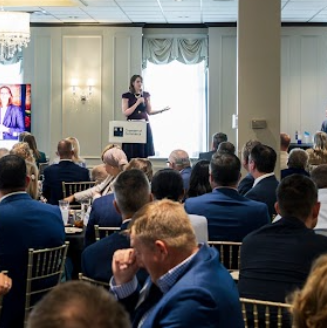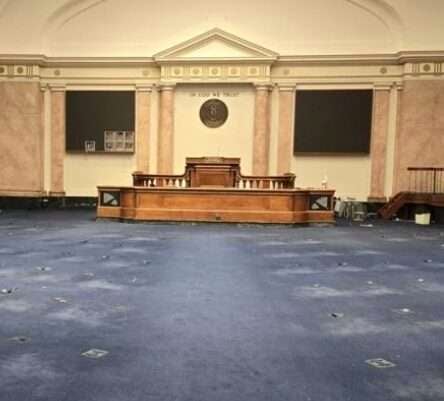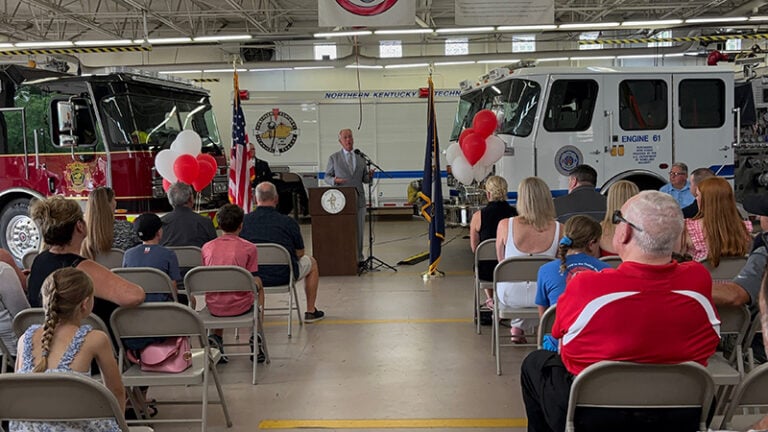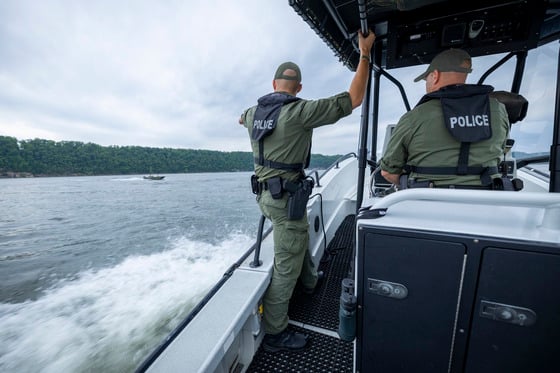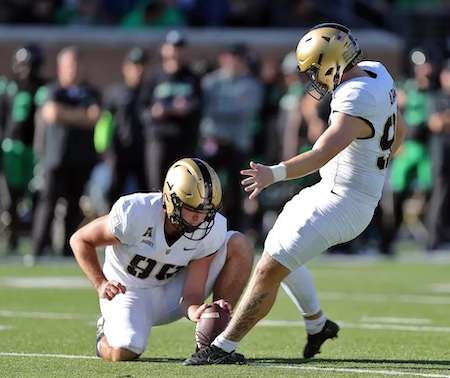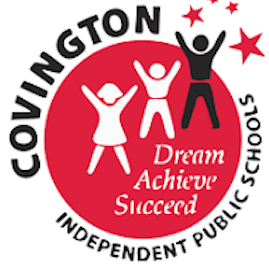Schools are not adequately teaching the history of American slavery, educators are not sufficiently prepared to teach it, textbooks do not have enough material about it, and – as a result – students lack a basic knowledge of the important role it played in shaping the United States and the impact it continues to have on race relations in America.
Even as I consider how I learned history, with many distinguished teachers and even a history minor in my undergraduate studies, I have to agree with the above quote from the Southern Poverty Law Center. Frankly, I remember nothing about American history — not to mention slavery in particular — from elementary school, except what I learned looking at Life Magazine, a weekly staple at our house.
Images of Emmett Till, the fourteen-year-old from Chicago who was murdered by two white men in Money, Mississippi, for allegedly flirting with a white woman, are still vivid in my mind. He was older than I was, but still a kid, and the fact that grown men would hunt him down, beat him until one of his eyes popped out, and then throw him into the Tallahatchie River bundled in barbed wire and a cotton gin fan…Well, who could forget that?
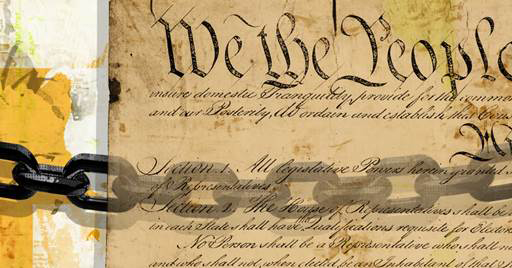
Eleventh and twelfth grades in high school were reserved for U.S. History I and II. Junior year, Mrs. Greene, with a degree from Radcliffe College, required us to read Richard Hofstadter’s “The American Political Tradition.” All I recall of that hefty tome is the cover: Red and blue horizontal stripes against a white background, with the title written vertically, letter by letter, starting at the bottom and going to the top.
In 1964, the bicentennial year of the ending of the Civil War, the Spring Concert at our high school was orchestrated by our music teacher, Alexander Azzolina. The program featured tunes from the north and south, including some spirituals, and a few folk songs including “The Cruel War” and “Just Before the Battle, Mother.”
The grand finale was the mixed choruses and vocal ensemble belting out “Battle Hymn of the Republic,” the same version made popular by the Mormon Tabernacle Choir. Perhaps inspired by the poetry, I tried to read “Uncle Tom’s Cabin” and heard the story of Abraham Lincoln meeting Harriet Beecher Stowe in Washington D.C., 1862.
“So this is the little lady who started this Great War,” he purportedly said, and I was impressed that a work of fiction could inspire a real war.
Unfortunately, the research conducted by the Southern Poverty Law Center in 2017 shows that the real history – the hard history — around African enslavement is not being taught, or maybe not being learned. The SPLC survey of high school seniors and social studies teachers found the following:
• Two-thirds (68 percent) don’t know that it took a constitutional amendment to formally end slavery.
• Fewer than 1 in 4 students (22 percent) can correctly identify how provisions in the Constitution gave advantages to slaveholders.
• Although over 90 percent of teachers claim they feel “comfortable” discussing slavery in their classrooms, their responses to open-ended questions reveal profound unease around the topic.
• Fifty-eight percent of teachers find their textbooks inadequate.
So how did you learn about American History, particularly regarding slavery and the Civil War? Posing that question on Facebook to nearly 1500 friends evoked a variety of sentiments.
One reader describes his learning experience as “fairly superficial,” with an important source of knowledge of the Civil War and slavery coming from Ken Burns’ Civil War series, narrated by the avuncular Shelby Foote. His accent, like honey on homemade biscuits, made tough information palatable to those who cared to pay attention.

In Louisiana, 1963, another reader recalls an exam on the Civil War. “We were to list three reasons why the war was fought,” she reported. “I put ‘to end slavery’ and that was marked incorrect.”
Many of those who responded admitted, like me, not remembering much, except for an eighth-grade history teacher who did a memorable job with the Civil War. “He would get very emotional at times,” the reader remembers. “At the time we made fun of him because he would cry in class. All I can say now is how could one deal with the Civil War without being emotional!”
One woman admitted to being so “self-involved” as a teen that a lot of learning in a bunch of disciplines may have escaped her. In college, however, she was shocked, during a trip south, to see “whites only” signs on water fountains. And when her required pre-student teaching experience dispatched her to teach an all-Black class of fifth graders in Trenton, NJ, the experience was eye-opening.
“We had not been prepared for the level of poverty their families were experiencing,” she declared.
A retired college professor, reflecting on his high school days in the early 60s, scoffs at the idea of classes actually covering slavery. “Those were the wonder years!” he said. “Maybe just as well our history classes didn’t touch on slavery because we would probably have been given the “Gone With the Wind” version, where the slaves are so content to be ‘in the land of cotton, old times there are not forgotten.’”
A reader with the last name of “Grant,” confessed to writing a report on Ulysses S. Grant in the fifth grade, claiming the former general and president was his great grandfather. On a more down-to-earth level, he explains, “Most of what I learned about the Civil War and slavery was from Grandpa’s books and our camping trips to most of the battlefields.”
Making room for levity to lighten the discussion, another reader asked, “Does it count that I read the classic comic book version of “The Red Badge of Courage” for a book report in high school?”
Responses from all over the country were pretty much the same. We admitted we had not learned much but did not necessarily blame the teachers. Those who did come away from school with some inkling of the role of slavery and its legacy were often inspired by some element of popular culture.
Lately, I have been tuning in to the new season of the PBS series “Who Do You Think You Are?” hosted by Henry Louis Gates Jr. The premise of the show is to explore the family roots of celebrity guests, unlocking mysteries about where they came from, and what their ancestors did in their lives. This season, a number have been African American, and some of their ancestors can be traced back to the slave ships they arrived on. Surnames link, in some cases, to the white family that owned them.
According to Dr. Gates, the average African American is 24 percent European and most DNA companies in the U.S. have never tested an African-American who is 100 percent from sub-Saharan Africa. These tests measure ancestry back 500 approximately years, so what the data suggests is that slavery had something to do with it.
In a 2019 interview with Fresh Air’s Terry Gross, Gates explained that the mix comes from slavery. “Was this an equal sexual relationship?” he asked rhetorically. “Of course not. So obviously rape or, at best, cajoled sexuality was the cause.”
This kind of history is indeed tough to teach, which is why the Southern Poverty Law Center developed “Teaching Hard History.” The Preface begins with this:
“In the Preamble to the U.S. Constitution, the Founding Fathers enumerated the lofty goals of their radical experiment in democracy; racial justice, however, was not included in that list. Instead, they embedded protections for slavery and the transatlantic slave trade into the founding document, guaranteeing inequality for generations to come. To achieve the noble aims of the nation’s architects, we the people have to eliminate racial injustice in the present. But we cannot do that until we come to terms with racial injustice in our past, beginning with slavery.”
To download the report and access free teaching materials at www.splcenter.org.







